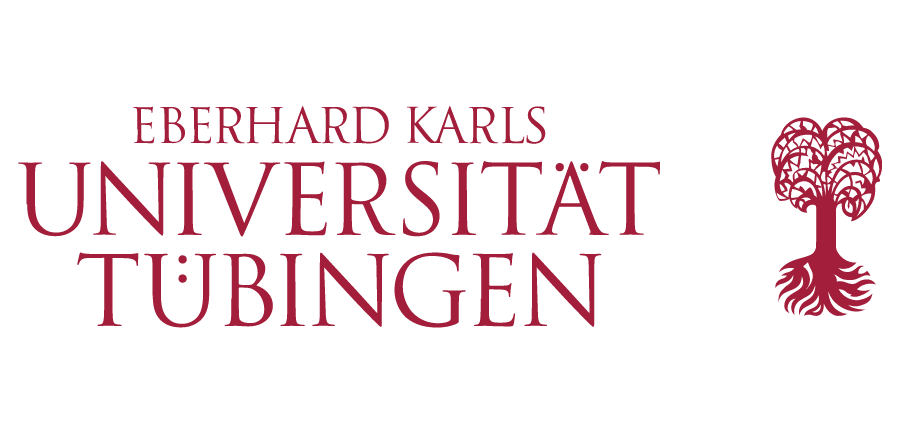Timeframe: 2024 – 2029
Goals: Assess the potential of a FLC therapeutic vaccine to prevent disease recurrence
Principal Investigators: Juliane S. Walz, MD, CCU Translational Immunology, Department of Internal Medicine

Study Background and Overview: Various research efforts supported by FCF over the last 6 years have shown that immunotherapy approaches can save FLC patients’ lives. The trial at Johns Hopkins for a peptide vaccine in combination with two checkpoint inhibitors demonstrated the effectiveness of that combination in some patients with advanced disease. Similarly, an ongoing clinical trial at Tübingen is testing the safety and effectiveness of an other peptide vaccine in conjunction with a single checkpoint inhibitor in patients with advanced disease. This grant will extend the application of FLC vaccines to a new population – those deemed “cancer free” by RECIST criteria. It aims to directly address FLC’s high recurrence rate and the dilemma that has faced patients and their care teams for years – if a FLC patient is deemed “cancer free” at a point in time, what adjuvant treatments are appropriate? Because vaccines are a relatively low risk therapy, they could potentially serve that need.
A 2022 case study, published by the Tübingen team, illustrates how a FLC peptide vaccine helped a transplant patient who had suffered from successive recurrences. After treatment with a peptide vaccine, the patient’s recurrences ended. That patient is still cancer free many years later.
This clinical trial, therefore, will assess the utility of the vaccine as adjuvant therapy in FLC patients, who, after surgery and/or other treatment, are free of cancer as judged by radiological scans. The goal is to significantly delay or entirely prevent relapse of the cancer. The vaccine will be administered alone, without additional immunotherapy or any other systemic agent.
Study Details: This FusionVAC22_02 study is directed from University Hospital Tübingen, Baden-Würtemberg, Germany. It is a Phase I, open-label, multicenter interventional clinical trial. The investigational drug is Fusion-VAC-XS15: DNAJB1::PRKACA fusion transcript-based peptide (FusionVAC-22). The vaccine will be applied subcutaneously, adjuvanted with the TLR1/2 ligand XS15 emulsified in Montanide ISA 51 VG.
It plans to enroll 20 subjects. The planned trial duration is 4 years. Pending approval by regulatory authorities, eligible subjects will be age 12 and above with histologically confirmed FLC or any other cancer with the DNAJB1::PRKACA fusion transcript, as documented by molecular analysis. Eligible subjects must have achieved a complete remission (CR) according to RECIST 1.1 by any of the following therapeutic measures:
- surgical procedures
- radiotherapy
- local therapeutic measures such as Transarterial Chemoembolization (TACE), or
- systemic treatment (e.g., chemotherapy).
The aim of the clinical trial is to evaluate the immunogenicity, safety, and toxicity of the vaccine in the study population. In addition to radiological assessment, regular testing for circulating tumor DNA (ctDNA) will be utilized to determine whether subjects have any residual cancer cells with the same DNA “signature” as the original tumor.
